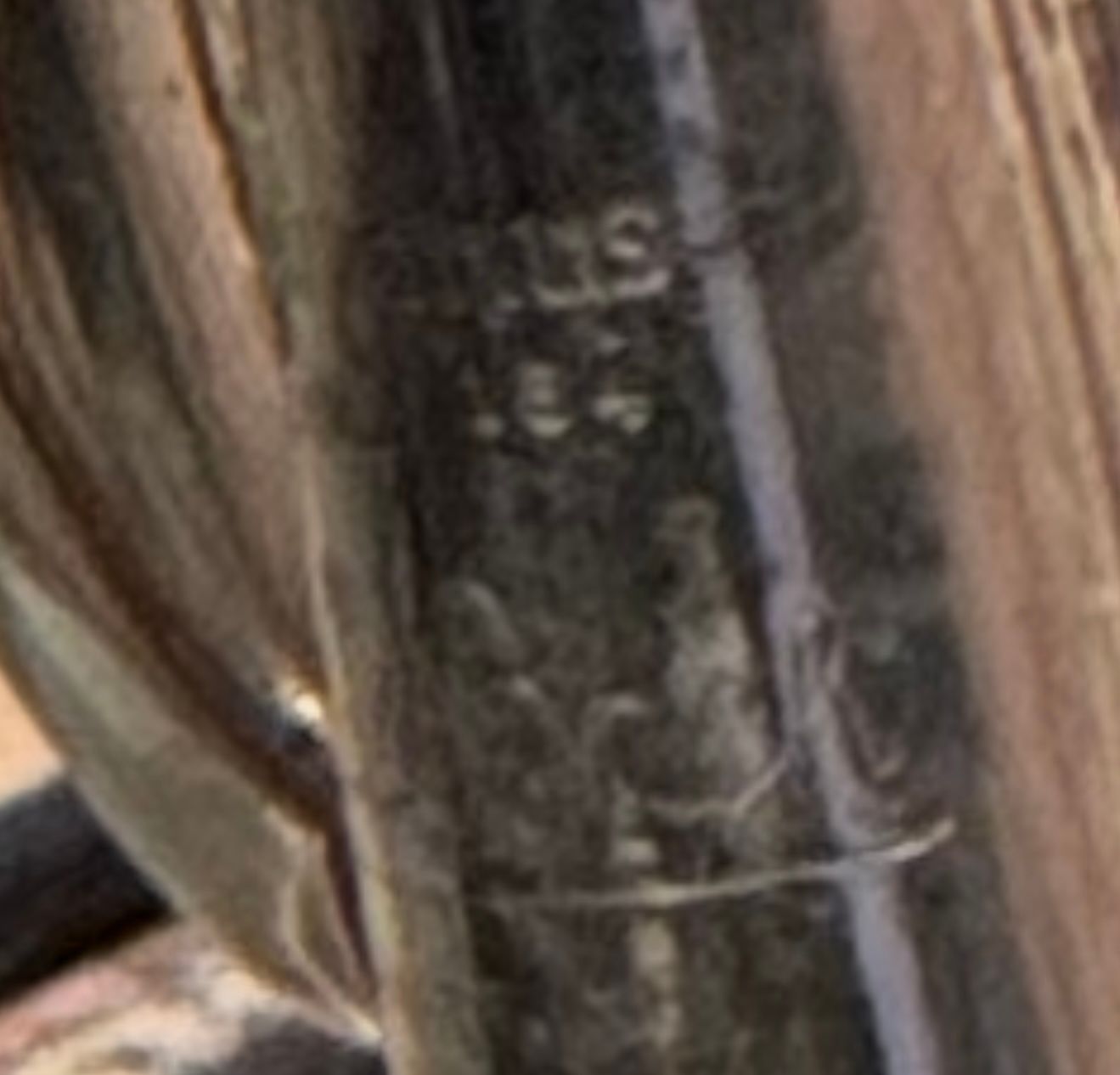This is directly from their site:
All instruments are sold as-described, which means returns aren’t accepted unless the item arrives in a condition different from how it was described or photographed.
...
Most of our instruments are used or outlet items. Unless stated otherwise, they do not come with warranty.
Not my first choice in business practice. There are enough others that provide service - even on used horns.
